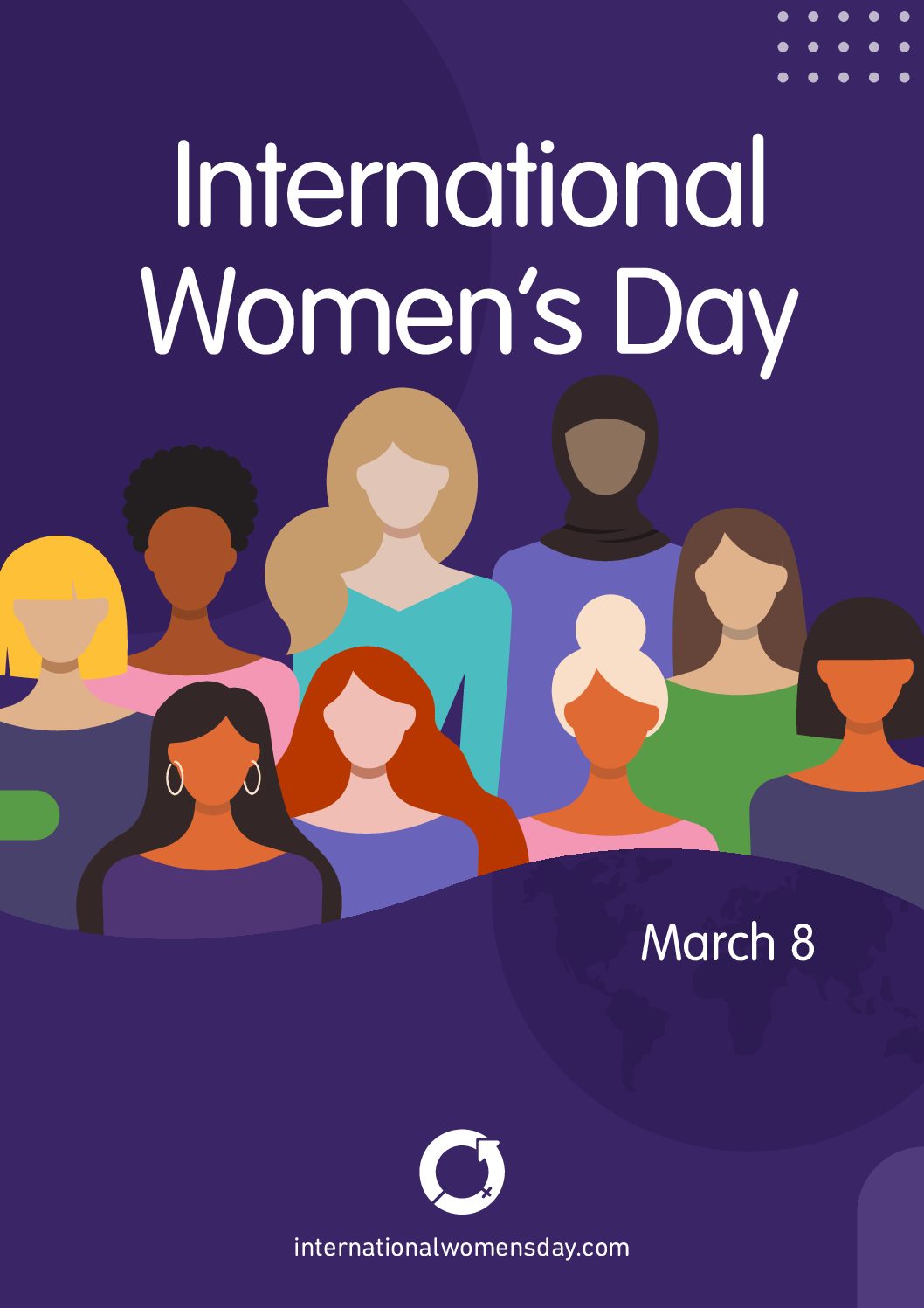Sparking important conversations this International Women's Day

International Women’s Day has been celebrated on March 8 since 1975, when the United Nations General Assembly established the day. Now more than 100 countries celebrate the day and over 27 countries have marked the day as an official holiday. International Women’s Day has become a time in the communications calendar when companies and brands take the moment to spotlight women-focused campaigns and initiatives.
This year, debate around women’s rights in the workplace and the wider world is as topical as ever. Popular culture moments have sparked conversations around women and pregnancy recently, following artist Rihanna’s halftime Super Bowl performance in February this year. Rihanna not only performed but used the performance to announce her pregnancy, performing at an estimated 4-5 months pregnant. Her performance has sparked a buzz of conversation around the topic of DE&I and has been hailed as a moment for women, in a year where women’s rights have been a hot topic of conversation in the corporate world. New policies have been called for around miscarriage leave and menopause support. For example, a Miscarriage Leave Bill and a Bill for Fertility Treatments (Employment Rights) are expected to progress through UK Parliament in the next few months. This will provide employees with a right to paid bereavement leave and paid time off for fertility treatment. Rihanna has been a strong supporter of reproductive rights and has used her platform to raise awareness about the need for access to safe and affordable reproductive health care and has opened up many conversations around modern-day perceptions of women. This month she has proven that being a woman, being a mother, or being pregnant and achieving goals and working if you choose, can happen simultaneously.
It’s an inspiring sentiment that reminds us that women’s rights should be considered and catered for in the workplace and that women’s life choices and career choices shouldn’t be forced to be in conflict. As an industry in communications, we can champion these values and firstly reflect them in our workplaces. Here are a few policy ideas that put women’s needs first, inspired by values and practices we hold at Ketchum that can spark important conversations in your offices this International Women’s Day:
Being a period-positive workplace
Studies show that 70% of women and people with periods have been caught short by their period at work. Periods shouldn’t be a stigma in the workplace and anxiety around them can be removed by providing free sanitary products in bathrooms. Many period product companies now offer corporate packages to service workplaces. This is an easy initiative to make the work environment more inclusive and comfortable.
Being aware of Menopause symptoms
Menopausal symptoms affect more than 75% of women. So, whilst not all women going through menopause in their careers will experience symptoms, many will and over 25% describe symptoms as severe and impacting their day-to-day life. Symptoms of menopause can affect an employee’s comfort and performance at work. Workplaces have a duty to provide a safe working environment for all employees and there are multiple ways to offer menopause support that can be incorporated into office policies. From flexible working hours to allow employees to best negotiate any sleep difficulties, to awareness of temperature in the workplace and putting allowances in place for these to be altered if needed.
Being a supporter of individual journeys
IVF and assisted Conception policies can bring understanding to a workplace for employees that may need time off and support concerning IVF and other assisted conception treatments. Often these are emotional and possibly stressful times for the person undergoing such treatment, as well as their partner. These policies can provide special paid time off as everyone’s journeys and needs are different.
Working hours that work for you
a healthy work-life balance can improve employee motivation, performance and productivity. All employees can be supported to achieve balance whatever that looks like in their life with flexible working arrangements. For example, statistics show that women are held back from returning to work often after having children due to child care. How about policies that allow for flexibility in working hours to allow employees to make sure work aligns with their personal commitments?
Happy International Women’s Day from Ketchum UK!
